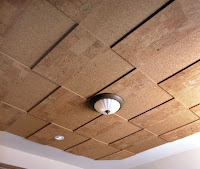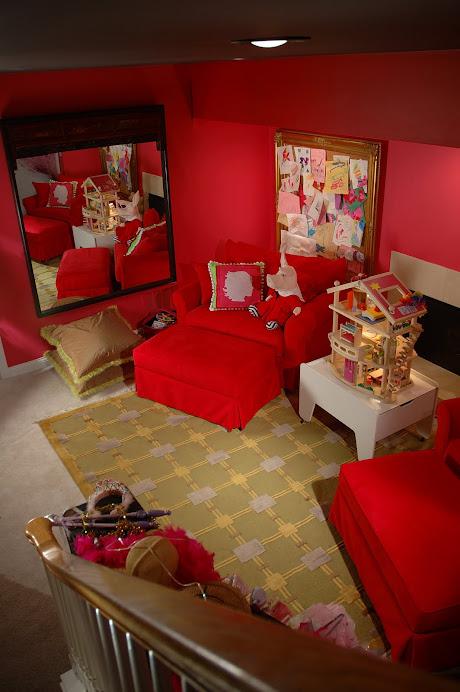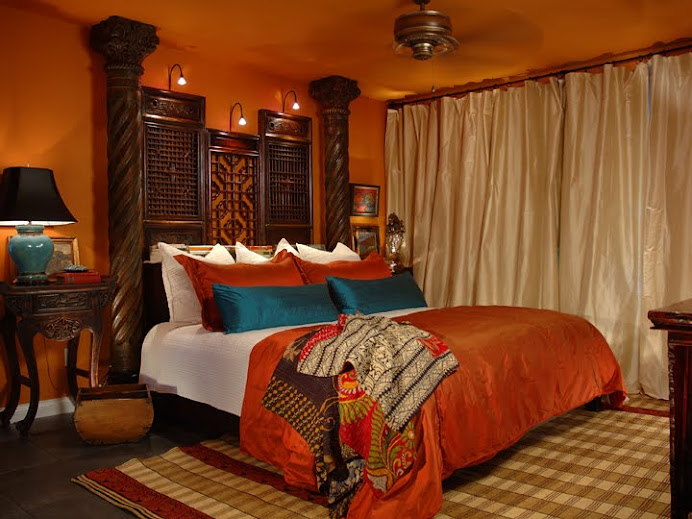
I'm hooked on CORK! From Cork fishing bobbers ~ to cork wine stoppers ~ to cork flooring! This is one of God's many wonderful gifts to man! Let me tell you about a few of the benefits cork provides us. There is no material man made or natural that has all the properties that cork has! Cork resists rot and is lightweight. It is compressible, recoverable, expandable, impermeable, renewable, and fire resistant in it's natural state. Cork is versatile and beautiful. On top of all that, the cork oak tree offers so many benefits to the earth! Cork oak trees grow in the Mediterranean regions of the world. "The cork landscape provides one of the most diverse habitats for plant and animal life found anywhere in the world" says Sonny Jelinek co-owner of Jelinek Cork Group in Oakville Ontario, a manufacturer of cork products. The Cork Oak Trees are not cut down to harvest the cork. Cork itself is the bark of the tree and is carefully pealed off. The tree is then left to heal itself and then the bark is reharvested every nine to ten years. The trees live approximately 200 years and can replant itself by dropping acorns.
Now, here comes the problem. Cork's main use is for wine stoppers. The d ry oak forests and it's habitat have been protected because of the economical benefits the trees provide. But wine companies are quickly converting to synthetic stoppers and screw top bottles. Leaving the cork industry and the forests vulnerable to failure. This is where the green building industry intervenes and companies like Jelinek Cork Group take charge of their own destiny. Jelinek and others like them are taking the bark and going beyond wine stoppers into the home with tiles for the floors, walls, and ceiling. The gaseous elements in the cork are sealed in tiny compartments, similar to cells. Because of cork's natural makeup, it is great at absorbing sound and vibrations as well as resisting dust, mold, and heat. Cork is impermeable to gases and liquids, making it a great natural resource for design.
ry oak forests and it's habitat have been protected because of the economical benefits the trees provide. But wine companies are quickly converting to synthetic stoppers and screw top bottles. Leaving the cork industry and the forests vulnerable to failure. This is where the green building industry intervenes and companies like Jelinek Cork Group take charge of their own destiny. Jelinek and others like them are taking the bark and going beyond wine stoppers into the home with tiles for the floors, walls, and ceiling. The gaseous elements in the cork are sealed in tiny compartments, similar to cells. Because of cork's natural makeup, it is great at absorbing sound and vibrations as well as resisting dust, mold, and heat. Cork is impermeable to gases and liquids, making it a great natural resource for design.
 ry oak forests and it's habitat have been protected because of the economical benefits the trees provide. But wine companies are quickly converting to synthetic stoppers and screw top bottles. Leaving the cork industry and the forests vulnerable to failure. This is where the green building industry intervenes and companies like Jelinek Cork Group take charge of their own destiny. Jelinek and others like them are taking the bark and going beyond wine stoppers into the home with tiles for the floors, walls, and ceiling. The gaseous elements in the cork are sealed in tiny compartments, similar to cells. Because of cork's natural makeup, it is great at absorbing sound and vibrations as well as resisting dust, mold, and heat. Cork is impermeable to gases and liquids, making it a great natural resource for design.
ry oak forests and it's habitat have been protected because of the economical benefits the trees provide. But wine companies are quickly converting to synthetic stoppers and screw top bottles. Leaving the cork industry and the forests vulnerable to failure. This is where the green building industry intervenes and companies like Jelinek Cork Group take charge of their own destiny. Jelinek and others like them are taking the bark and going beyond wine stoppers into the home with tiles for the floors, walls, and ceiling. The gaseous elements in the cork are sealed in tiny compartments, similar to cells. Because of cork's natural makeup, it is great at absorbing sound and vibrations as well as resisting dust, mold, and heat. Cork is impermeable to gases and liquids, making it a great natural resource for design. Now Jelinek adds to its diversity and green living by having the exclusive ri ghts to mosaic penny t
ghts to mosaic penny t ile. The company began a program called "Bag-a Cork" where consumers save and recycle their wine bottle corks and Jelinek reuses them to make tile flooring. The corks are cut into 1/4 inch thick pieces; then glued to a special paper that gets installed much like ceramic tiles; glue and grout. The cork can be left natural or stained any color you would like. It can also be mixed with other elements to create your own design. The cork is then sealed with a polyurethane like other wood floors. Cork is suitable for baths, kitchens, entries, saunas, showers, anywhere that is wet! With proper maintenance (clean with just water and polyurethane when it is looking dull), cork floors can last up to 30 y
ile. The company began a program called "Bag-a Cork" where consumers save and recycle their wine bottle corks and Jelinek reuses them to make tile flooring. The corks are cut into 1/4 inch thick pieces; then glued to a special paper that gets installed much like ceramic tiles; glue and grout. The cork can be left natural or stained any color you would like. It can also be mixed with other elements to create your own design. The cork is then sealed with a polyurethane like other wood floors. Cork is suitable for baths, kitchens, entries, saunas, showers, anywhere that is wet! With proper maintenance (clean with just water and polyurethane when it is looking dull), cork floors can last up to 30 y ears!
ears!
 ghts to mosaic penny t
ghts to mosaic penny t ile. The company began a program called "Bag-a Cork" where consumers save and recycle their wine bottle corks and Jelinek reuses them to make tile flooring. The corks are cut into 1/4 inch thick pieces; then glued to a special paper that gets installed much like ceramic tiles; glue and grout. The cork can be left natural or stained any color you would like. It can also be mixed with other elements to create your own design. The cork is then sealed with a polyurethane like other wood floors. Cork is suitable for baths, kitchens, entries, saunas, showers, anywhere that is wet! With proper maintenance (clean with just water and polyurethane when it is looking dull), cork floors can last up to 30 y
ile. The company began a program called "Bag-a Cork" where consumers save and recycle their wine bottle corks and Jelinek reuses them to make tile flooring. The corks are cut into 1/4 inch thick pieces; then glued to a special paper that gets installed much like ceramic tiles; glue and grout. The cork can be left natural or stained any color you would like. It can also be mixed with other elements to create your own design. The cork is then sealed with a polyurethane like other wood floors. Cork is suitable for baths, kitchens, entries, saunas, showers, anywhere that is wet! With proper maintenance (clean with just water and polyurethane when it is looking dull), cork floors can last up to 30 y ears!
ears!



















Hey pretty lady! Glad to be in your blog family!! <3 take care of that hair!
ReplyDelete